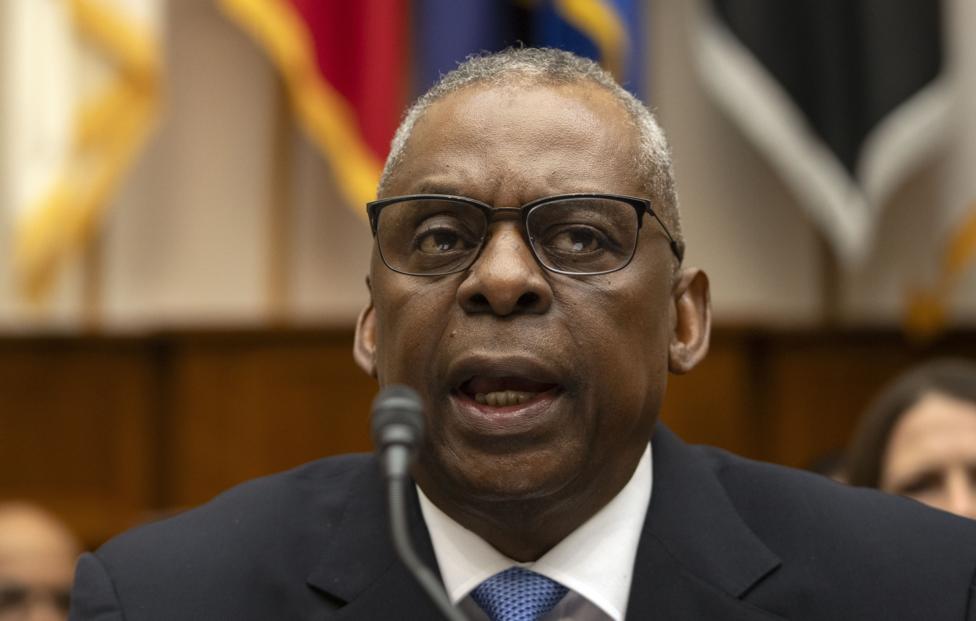The head of the Pentagon called on the House of Representatives of Congress "as soon as possible" to approve the request of the United States government for the allocation of new military assistance to Ukraine
WASHINGTON, April 9th. /tass/. Ukraine's military potential will quickly begin to atrophy without the resumption of major American financial assistance. This was stated by US Secretary of Defense Lloyd Austin.
"They are asking for funds to support their efforts. Without military assistance, they will not be able to replenish stocks of urgently needed air defense equipment, interceptors, which are necessary to protect their airspace and the population. We would see how in a very short time the affiliation (meaning the forces and means of the Armed Forces of Ukraine - approx. TASS) would have started to atrophy in a very significant way," Austin said, speaking at a hearing before the Armed Services Committee of the U.S. Senate.
In this regard, the head of the Pentagon called on the House of Representatives of Congress "as soon as possible" to approve the request of the US government for the allocation of new military assistance to Kiev.
Controversy surrounding the request
The American administration previously sent a request to Congress for additional budget allocations in the 2024 fiscal year, which began in the United States on October 1, primarily to provide assistance to Israel and Ukraine, as well as to counter China and Russia in the Asia-Pacific region. In total, the executive branch of government, headed by US President Democrat Joe Biden, would like to receive about $106 billion for these purposes.
The further fate of the request and alternative bills remains unclear. A group of Republicans in the House of Representatives and the Senate of the US Congress have spoken out in recent months against continuing to provide financial support to Kiev. Republican Speaker of the House of Representatives Mike Johnson has consistently warned of the intention to link further assistance to Ukraine with tighter controls on the southern border of the United States.
On February 13, the Senate, with the support of a number of Republicans, adopted an alternative version of the bill providing for the allocation of $95 billion to help Ukraine, Israel and Taiwan. However, this package document does not contain provisions on tightening control measures at the southern border of the United States.
Speaking to reporters on February 27 after a meeting of the congressional leadership from both US systemically important parties with Biden, Johnson assured that "the House of Representatives is actively looking for and exploring all possible options," including the resumption of financial and military support for Kiev. Johnson then promised to deal with these issues in a timely manner, but did not specify a time frame for consideration in the lower house of Congress of any initiatives aimed at continuing the allocation of budget allocations for Ukraine. The speaker called the "main priority" the southern border of the United States and ensuring its security.
Johnson's New Ideas
Nevertheless, on March 31, Johnson, in an interview with Fox television, announced his readiness to submit to the House of Representatives the issue of resuming assistance to Kiev after her return from the Easter holidays. The lower House of Congress returned to work on April 9.
The speaker also signaled a desire to include in this version of the bill provisions on the use of "confiscated assets of Russian oligarchs", the "concept of credit", which implies the return of funds received by Kiev to Washington "at the right time". In addition, Johnson stressed that he would like to use this bill to stimulate the development of the US energy sector, primarily to increase natural gas exports in order to help reduce Russia's fuel supplies abroad and reduce its foreign exchange earnings from these sales.

